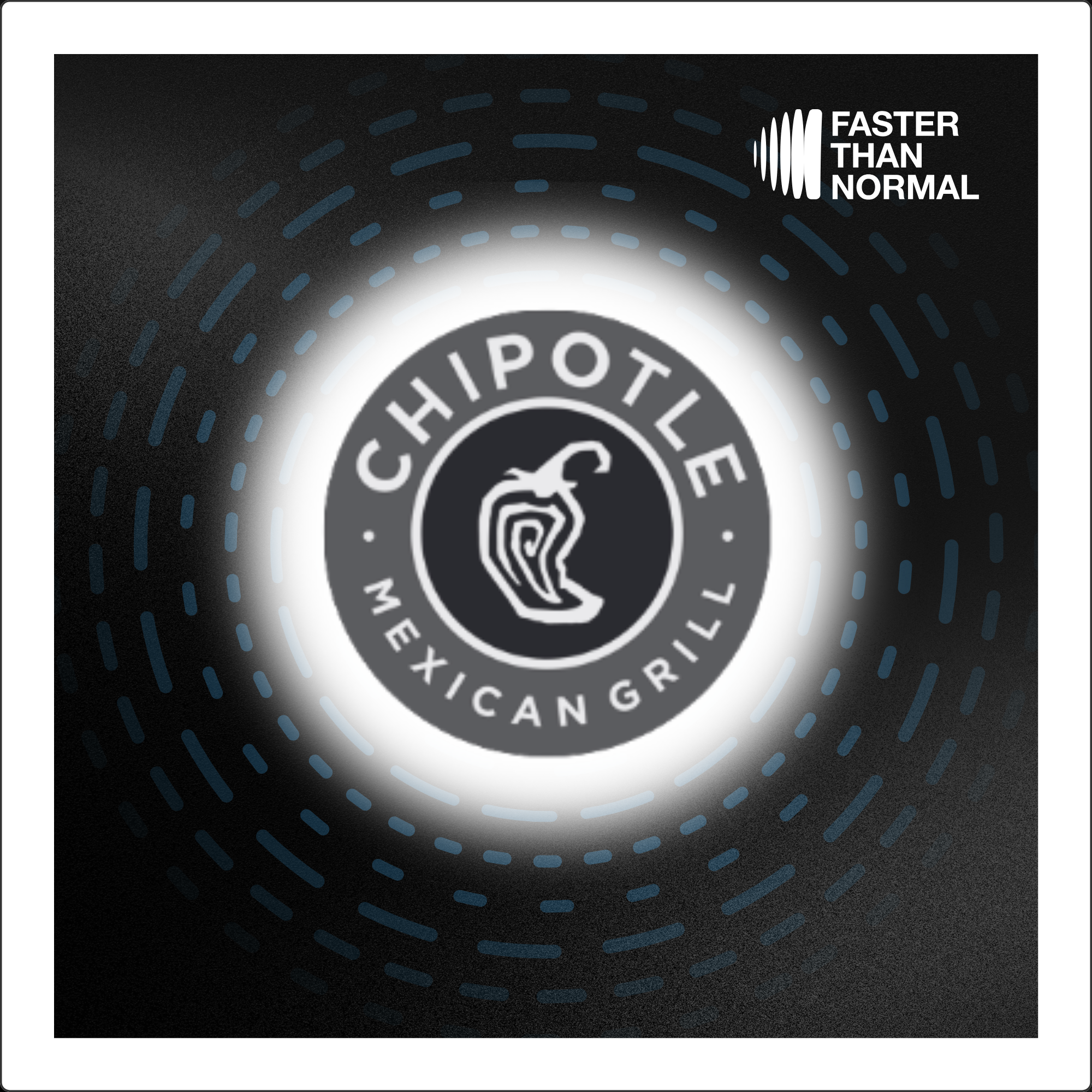L’Oréal

L’Oréal
In 1909, a young chemist named Eugène Schueller mixed up hair dyes in his Paris apartment. He wasn't trying to start a global beauty empire. He just wanted to make safer hair colors for local hairdressers.

Schueller's early days were tough. He worked late into the night, perfecting formulas and selling door-to-door. Most salons turned him away. But he persisted.
"I believed in the science of beauty," Schueller later recalled. "And I believed in myself."
His breakthrough came with a golden hair dye called Auréale. It was a hit. Suddenly, Parisian women wanted that sun-kissed look. Schueller's tiny operation grew. He hired chemists. Opened a lab. L'Oréal was born.
But success brought challenges. Larger competitors tried to crush the upstart. The Great Depression hit. Schueller adapted. He expanded into other beauty products. Shampoos. Soaps. Makeup.
World War II nearly derailed everything. L'Oréal's factories were commandeered. Raw materials became scarce. Yet Schueller kept innovating. He developed new formulas using available ingredients. The company survived.
Post-war, L'Oréal faced a crossroads. Stay local or go global? Schueller chose expansion. He acquired brands. Entered new markets. By the 1960s, L'Oréal was in dozens of countries.
"The world is our laboratory," Schueller said. "Every culture has its own beauty secrets. We must learn them all."
This philosophy drove L'Oréal's next phase of growth. The company embraced diversity before it was trendy. They tailored products for different skin tones and hair types. Opened research centers worldwide.
But rapid expansion brought growing pains. Quality control issues. Cultural missteps. In the 1990s, some wondered if L'Oréal had lost its way.
The company refocused. They doubled down on research and development. Invested in digital technology. Acquired more brands to reach new consumers.
"Our strength is in our ability to reinvent ourselves," said Jean-Paul Agon, L'Oréal's CEO from 2006 to 2021.
This adaptability paid off. Today, L'Oréal is the world's largest cosmetics company. It owns 35 international brands and had sales of €41.18 billion in 2023.
L'Oréal's rise wasn't always smooth. The company has faced controversies, including allegations about its founder's wartime activities. It's worked to address these issues and emphasize its values.
"We strive to create beauty that moves the world," says current CEO Nicolas Hieronimus. "That means being responsible, inclusive, and sustainable."
From a small Parisian apartment to a global beauty leader. L'Oréal's story is one of persistence, innovation, and constant reinvention. It's a reminder that success often comes from seeing opportunity where others don't. And from never stopping, even when the odds seem long.
Schueller's original vision - to use science to create better beauty products - still guides L'Oréal today. The scale is just much, much bigger.
Lessons
Lesson 1: Make R&D your competitive edge. L'Oréal invests heavily in research. More than you'd think. They put €1.28 billion into R&D in 2023. That's over half of what the entire European beauty industry spends. It's not just about new products. It's about staying ahead. As Eugène Schueller, L'Oréal's founder, said: "I believed in the science of beauty." This belief still drives the company today. L'Oréal has research centers all over the world. Not just to develop products, but to spot trends early. They're not reacting to the market. They're shaping it. Jean-Paul Agon, former CEO, said: "Our strength is in our ability to reinvent ourselves." This isn't just talk. It's strategy.
Lesson 2: Turn your employees into brand ambassadors. L'Oréal doesn't just market externally. They focus on internal marketing too. They encourage employees to be passionate about their products. They hold hackathons, demo sessions, and give researchers face time with customers. It's about creating a culture of beauty obsession. When your employees love your products, your customers will too.
Lesson 3: Adapt or die. During World War II, L'Oréal's factories were taken over. Raw materials became scarce. Schueller didn't give up. He found new ingredients. Made new formulas. The company survived. You've got to be flexible. The world changes. You change with it, or you're done.
Lesson 4: Stick to what you know best. L'Oréal has dedicated itself to a single business: beauty. As Nicolas Hieronimus, L'Oréal's CEO, puts it: "My confidence in the future stems from a strategic choice that L'Oréal made on day one, to dedicate ourselves to a single business: beauty, all beauty and nothing but beauty." This laser focus has allowed L'Oréal to excel in its field and adapt to changing market conditions.
Lesson 5: Empower your customers. L'Oréal's famous slogan, "Because You're Worth It," isn't just marketing - it's a philosophy. The company's "Lessons of Worth" campaign encourages women to recognize their innate value. This approach builds a deeper connection with customers beyond just selling products.
Speeches
- Extract from speech by the Chairman - The letter to shareholders
- Extract from speech by the chairman | L'Oréal - N°87 SPRING 2024
- Extract from speech by the CEO - THE LETTER TO SHAREHOLDERS
Book Recommendations
- "The L'Oréal Century: 100 Years of Beauty" by Ruth Brandon
- "Brand Success: How the World's Top 100 Brands Thrive and Survive" by Matt Haig (includes a case study on L'Oréal)
.png)









.png)

.png)
.png)
.png)
.png)


.png)
.png)






















.png)




.png)


.png)






.png)

.png)


.png)
.png)